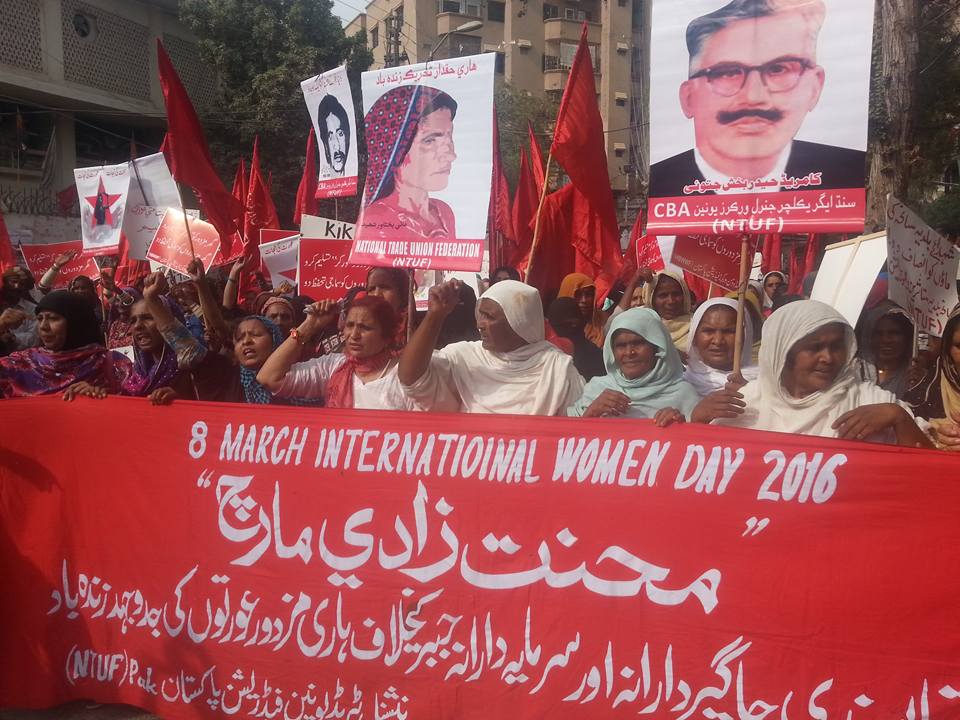16 March, 2016A groundbreaking study released by the International Labour Organization (ILO) into gender equality at work makes for disappointing reading.
International Women’s Day is a day to celebrate, because the struggle by generations of women for rights and equality has resulted in real progress. But according to the ILO report, progress for women has stalled, and in some areas gone backwards.
The report is an authoritative survey of working conditions for women across the world.
Comprehensively analyzing large data sets, the report looks at different dimensions of the gender gap at work, including the number of women in employment, women in skilled jobs, women’s wages compared to men’s, the number of hours worked, pension provision and caring responsibilities.
The picture is complex, and diverges according to geography, education, skill level, and a number of other factors. Overall, however, the picture is a disturbing one.
In the past 20 years, the overall gender gap has only closed by 0.6%. At this rate, it will take more than 70 years to close the gap. Women’s labour market participation is a stark indicator of the problem: only 50% of women have paid employment, compared to 77% of men.
Despite decades of equal pay legislation, and campaigns and legal action by unions, women still earn only 77% of what men earn. The pay gap has only closed by 3% in 20 years. Women also work longer hours, and do more unpaid work outside the workplace.
Worryingly, although there has been a tremendous growth in women’s educational achievement over the past few years, this hasn’t translated into new skilled jobs for women. Many women remain under employed, with their skills not being valued and rewarded.
This is bad not just for women, but for society and the economy, because they lose out on the contributions that women could be making.
The growth in austerity policies around the world has had a disproportionate impact on women. Women have been forced further into precarious work, and had more caring responsibility placed on them as governments cut back on social spending.
Speaking at the launch of the report in Geneva on International Women’s Day, Sharan Burrow, general secretary of the International Trade Union Confederation (ITUC), said:
“Today, instead of purple, I am wearing trade union red. Because today marks the start of a trade union fight for the care economy, for decent jobs and for the freedoms for women that this will generate."
She explained that the lack of progress in closing the gender gap was “tragic”, but that the trade union movement had a solution.
Referring to a Women's Day report on the care economy released by the ITUC, she said that if just seven countries invested 2% of GDP in the care economy, it would create 21 million formal jobs, help the economy return to growth, and reduce the gender gap.
IndustriALL assistant general secretary Monika Kemperle said:
“The lack of progress shown in the ILO report is disturbing. With the Sustainable Development Goals and the Paris climate agreement, the world is working towards very ambitious targets of zero poverty and zero carbon. We won’t get there without women. We need equality, and we also need women’s views and values to be part of the solution."


